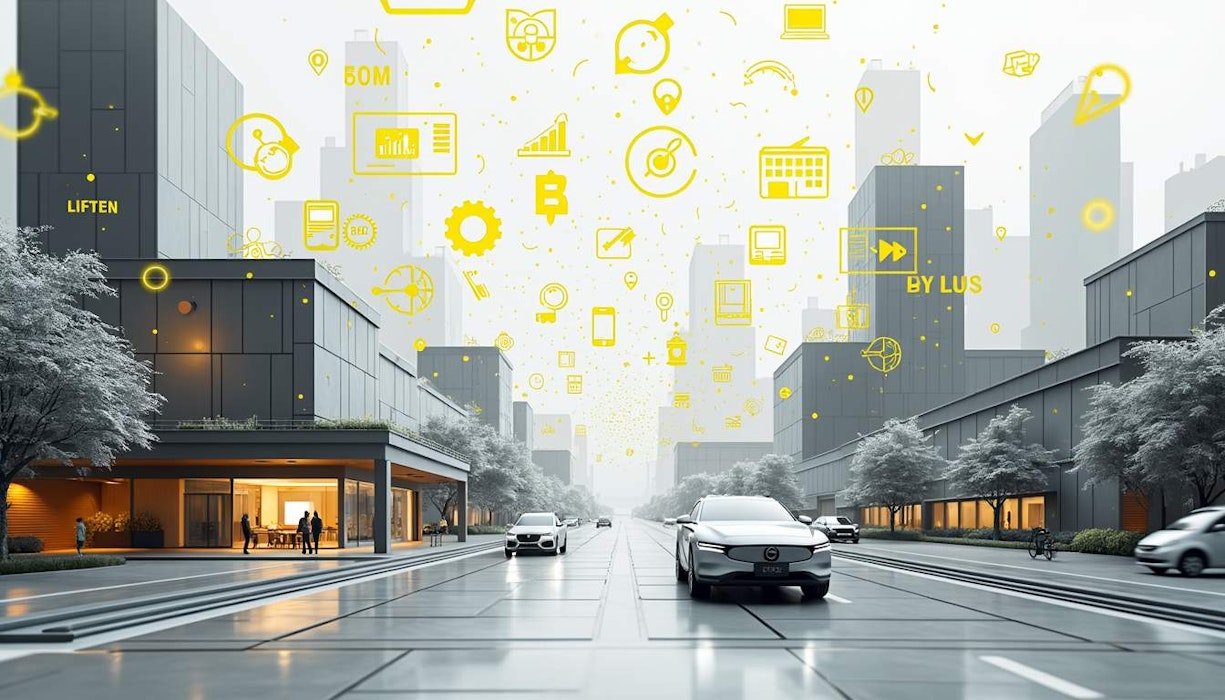So here's the thing. Artificial Intelligence is shaking things up in just about every sector you can think of, and Microsoft is leading the charge. From cancer research to manufacturing, AI is not just improving processes but also changing how we think about efficiency and productivity in our daily lives. Let's dive into how Microsoft's latest AI innovations are reshaping industries and setting new benchmarks for the future.
AI in Cancer Research: Institut Curie and Witivio
In October 2024, Institut Curie, a major cancer research center, teamed up with Microsoft and Witivio to launch the Copilot for Researcher. This isn't just a fancy name; it's an AI tool that's designed to handle a lot of the administrative work that usually bogs down researchers. By automating these routine tasks, the Copilot for Researcher is freeing up time for researchers to focus on what really matters: cancer research itself. On the surface, this sounds like a great idea, but is it just a Band-Aid on a much bigger problem?
AI in Manufacturing: Siemens and Thyssenkrupp
Microsoft’s Azure OpenAI Service powered the development of the Siemens Industrial Copilot, a joint effort between Siemens and Thyssenkrupp. This AI tool aims to tackle the skills gap in manufacturing by assisting engineers in programming and operating machines. Sounds great, right? It makes processes more efficient but also begs the question: what happens to the workers who might be replaced?
"From the beginning, I was only speaking to it in English, but today I discovered it speaks German quite well", said Marcus Schoenherr, a Thyssenkrupp engineer, highlighting the multilingual capabilities of the AI tool. But can it speak 'job security'?
AI in Education: Shiksha Tool by Sikshana Foundation
Over in education, Microsoft's collaboration with the Sikshana Foundation birthed Shiksha, an AI smart tool for teachers in Karnataka. In just a few minutes, it helps educators whip up lesson plans, which frees up their time for actual teaching. "The time saved by Shiksha, I'm spending with the kids", said Ravindra K. Nagaiah, a teacher in Karnataka. But what about the kids who might be missing out on human interaction?
AI in Tourism: Rome's Virtual Assistant Julia
In the world of tourism, Rome's Julia is an AI assistant helping visitors find their way around the city. It offers more than just directions; it also helps thin out the crowds at popular sites. It's a small win for tourists, but is it sustainable?
AI in Aquaculture: eFishery AI Assistant
In Indonesia, eFishery has developed an AI assistant for shrimp farmers that monitors water conditions and shrimp health. This kind of real-time data could lead to better farming practices, but at what cost to local ecosystems?
AI in Higher Education: Eduvos Enrollment
In South Africa, Eduvos utilized Microsoft’s Dynamics 365 and Azure to cut down student enrollment time from 90 days to basically nothing. This is a win for efficiency, but is it a fair trade-off?
Summary: Leading the Charge
Microsoft’s AI innovations are tackling real-world challenges and improving lives across sectors. From research and manufacturing to education and tourism, AI is driving advancements and setting new standards. But while Microsoft leads the way, we have to ask ourselves: what does this mean for the future of work and the essence of human interaction?
